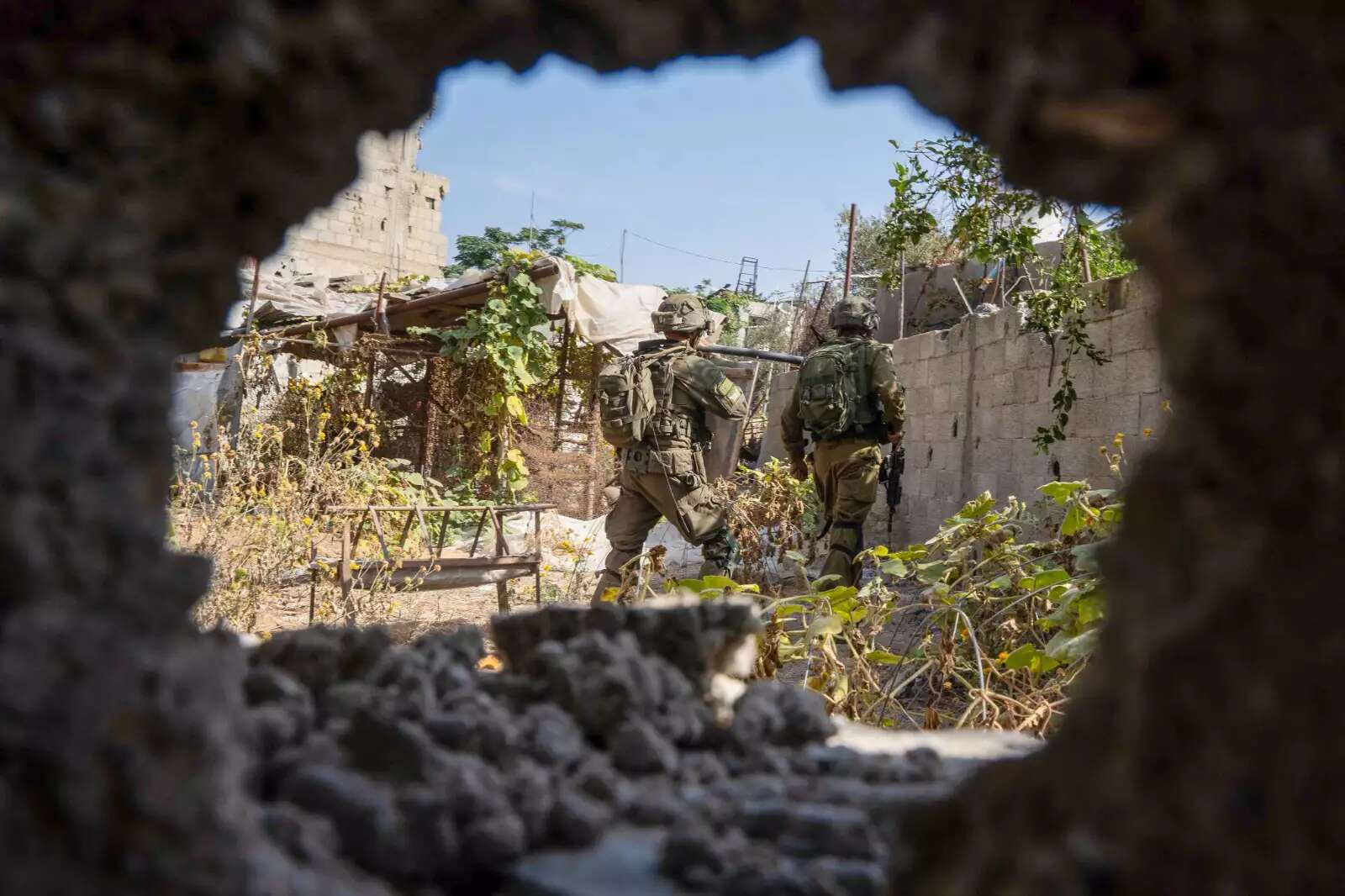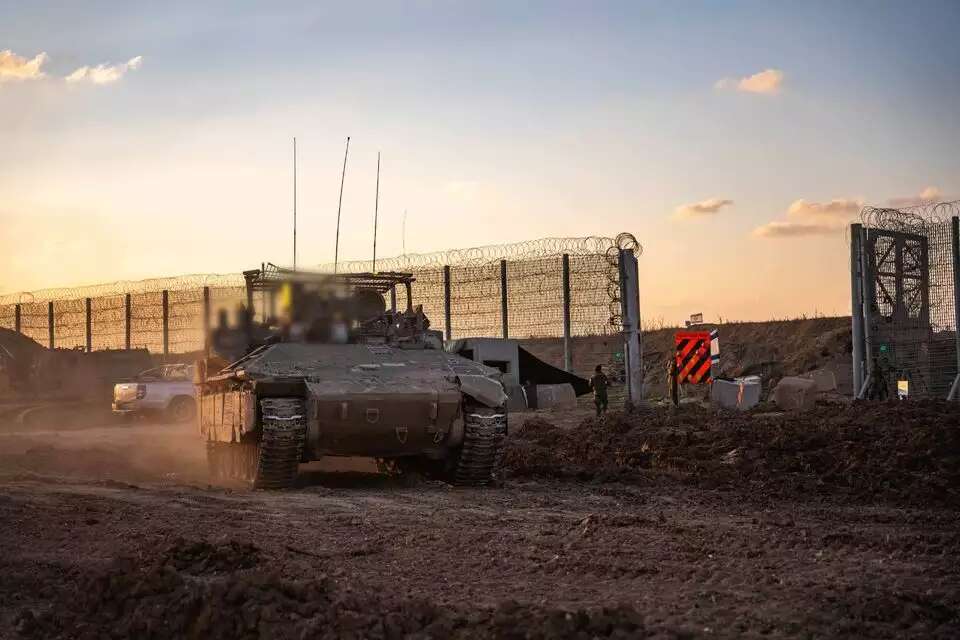Each Saturday, as another group of hostages is released, the Israeli public experiences a lingering frustration, unwilling to accept that this war might end without achieving its primary goal: The collapse of Hamas rule and its military capabilities.
This frustration is particularly evident now, with the withdrawal of IDF troops from the Netzarim Corridor. It fuels the demand, championed in the government by Minister Bezalel Smotrich, for the war to continue once the first phase of the hostage deal is completed. However, from a strategic perspective, military plans should not be dictated by emotions of frustration.
For Israeli public opinion, and as far as is known, the expectations of the White House, the continued release of hostages remains a top priority until the process is completed. If the negotiations reach an deadlock, it is preferable that Hamas be responsible. A significant portion of the Israeli public needs to know that the Israeli government is genuinely committed to securing the release of all remaining hostages, even in a second phase of the deal.

There is no doubt that after 16 months of war, Hamas remaining in power is an undesirable result. However, it would be a mistake to conclude that this means Hamas has won. War is not a soccer game, and the final outcome is not determined solely by the situation at a given moment, especially when the timing of the conclusion is not predetermined.
A relevant historical lesson comes from the war between Azerbaijan and Armenia over Nagorno-Karabakh. That conflict played out in stages. A significant round of fighting occurred in the fall of 2020, during which Armenia suffered severe military losses. However, despite the ceasefire, most Armenian residents remained in Nagorno-Karabakh. A subsequent decisive battle took place in the fall of 2023, ending with Armenia's complete withdrawal from the region and the mass displacement of its Armenian population. Looking at this example, one must ask: Why the rush to resume the war in Gaza immediately after the first phase of the hostage deal?
Strategy has always depended on cunning and the choice of the right timing, which requires a degree of flexibility. The rigid insistence on immediately resuming the war reflects a clear lack of strategic adaptability.
Given Israel's frustration over the current situation in Gaza, it is worth considering an alternative perspective: Hamas remaining in power may present certain advantages. Other alternatives, such as control by the Palestinian Authority, were never truly viable. At best, the Palestinian Authority's security apparatus and Hamas leadership would have reached an understanding, replicating Hezbollah's model in Lebanon. The Palestinian Authority would have served as the official governing entity, while Hamas, without disarming, would have continued to build its military threat against Israel. In contrast, the current situation offers a certain clarity: what is visible is what exists. This reality, at least, is easy to assess, and that has its advantages.

The war against Hamas and Iran's regional proxy network is far from over. One battle has ended, but another is taking shape. At the conclusion of a meeting yesterday between Hamas leaders in exile and Iranian leadership, Supreme Leader Ali Khamenei declared: "By the grace of Allah, the day will come when you will all proudly resolve the issue of Jerusalem for the Islamic world, and that day will certainly arrive."
Israel must recognize that the war in Gaza is part of a broader regional conflict, one that has been focused on Jerusalem from the outset as a unifying cause for the entire Islamic world. In this context, the push to continue the war in Gaza must be assessed within a wider strategic framework, factoring in the right timing and developments on other fronts. The IDF, too, would be wise to maintain the element of surprise rather than rigidly adhering to an arbitrary timeline.




